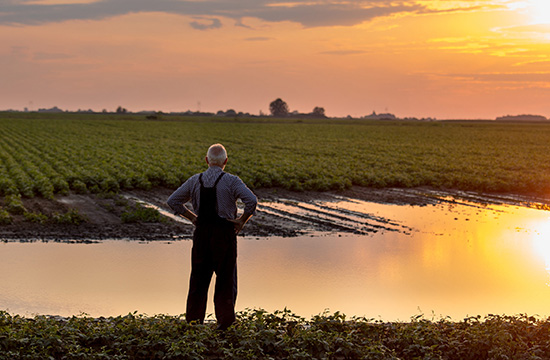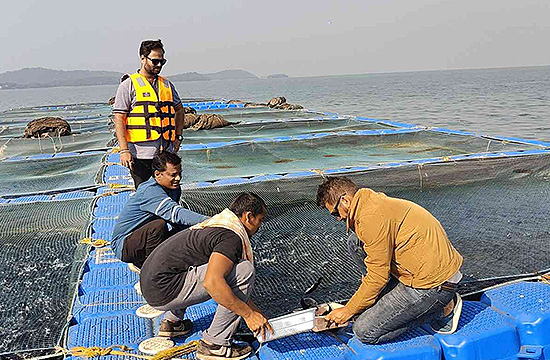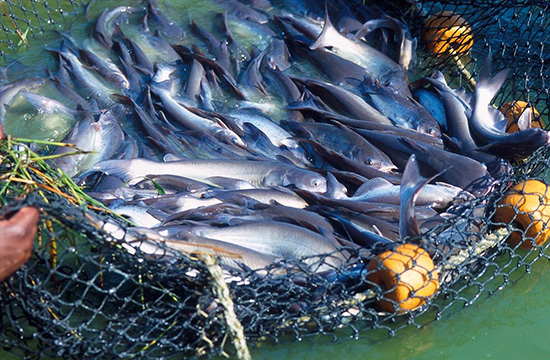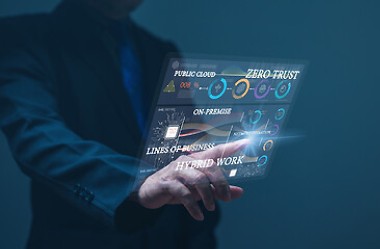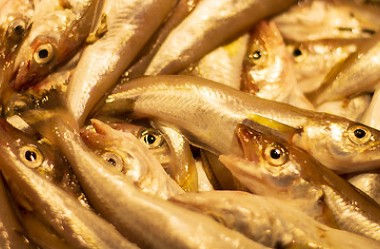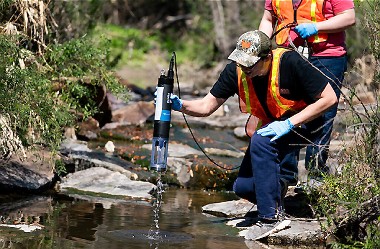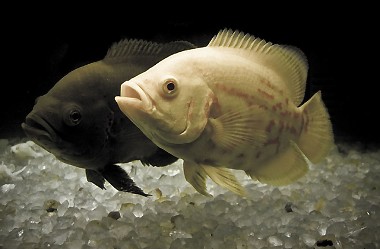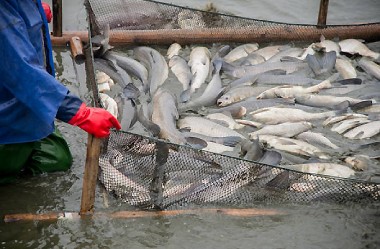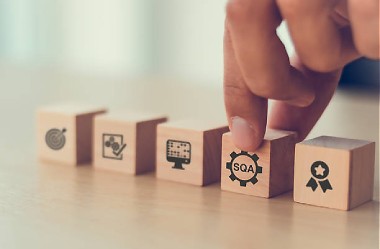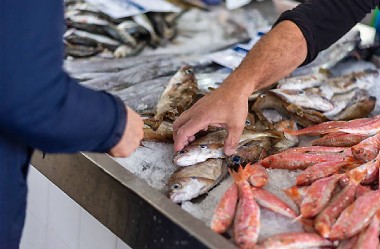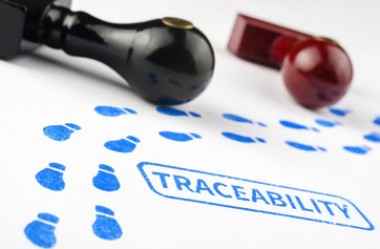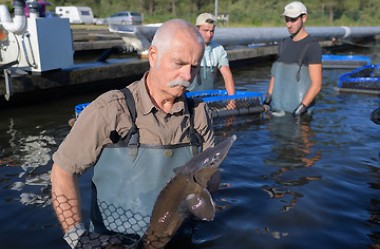Challenges Hinder Global Expansion of Organic Aquaculture:
- Organic aquaculture faces limited global adoption due to the complex challenges of establishing and scaling it.
- Unique production methods and the urgent need for ecologically sustainable practices create significant hurdles.
- The interconnectedness of food production, environmental impact, and efficiency necessitates innovative strategies to address these challenges.
Understanding the Challenges of Establishing Organic Aquaculture Operations
As we look toward the future of sustainable aquaculture, it's essential to acknowledge the multifaceted challenges associated with establishing organic aquaculture operations. The journey of establishing and scaling organic aquaculture is marked by several complexities that demand collaborative efforts and support from stakeholders. Here, we delve into the critical challenges and barriers that require attention as we aim to embrace sustainable aquaculture practices for the benefit of future generations.
Infrastructure Establishment: Establishing the necessary infrastructure for organic aquaculture operations demands substantial investments and technical expertise. Establishing key components, from hatcheries to waste treatment systems, poses a significant hurdle.
Financing and Economic Barriers: The high initial investment required for organic aquaculture and limited access to research and development funding present financial barriers that hinder growth and expansion. Uncertainty in returns and lack of support from financial institutions and governments further complicate the economic landscape.
Knowledge Acquisition and Training: Acquiring specialized knowledge and skills needed for organic aquaculture presents a barrier, particularly for producers and technical personnel in remote areas with limited training resources.
Regulatory Compliance and Permits: Navigating bureaucratic procedures and obtaining government permits for aquaculture activities can be time-consuming and burdensome, affecting the timely establishment of projects.
Marketing and Distribution: Limited understanding of sustainable organic certifications among distributors and consumers and fragmented and sometimes unregulated markets impede the successful marketing and distribution of organic aquaculture products.
Technology Gap: Addressing the technology gap in aquaculture involves bridging the divide between traditional methods and innovative sustainable practices, which is hindered by resistance to change and lack of awareness.
Energy and Computing Access: Limited access to power and computing resources, especially in remote areas, impacts data collection, analysis, and operational efficiency.
Government Permits and Procedures: Establishing organic aquaculture presents additional challenges, including navigating complex permit procedures, environmental impact studies, and regulatory compliance.
Social Marginalization: Social and economic inequalities may hinder the development of organic aquaculture, particularly in underdeveloped areas with limited resources and opportunities.
Transparency and Legal Certainty: Transparency and accountability are crucial for attracting investments, promoting consumer trust, and maintaining market integrity.
A Call for Collaboration and Support
These challenges are complex and interlinked, demanding collaboration and support from various stakeholders, including governments, financial institutions, researchers, producers, distributors, and consumers. Addressing these challenges will be instrumental in steering aquaculture towards sustainability and ecologically harmonious practices.
Furthermore, initiatives such as Acquakinetik, Orgakinetic, Ecofarmit, and Organitum serve as beacons of change, aiming to bridge the technology gap, promote eco-friendly practices, and catalyze cooperation and growth across the entire ecosystem. Their roles in addressing the complexities of establishing and scaling organic aquaculture operations highlight the need for collective efforts and collaboration.
As we stand at the precipice of sustainable aquaculture, potential sponsors and investors must recognize and support the journey to overcoming these challenges, paving the way for a sustainable and ecologically responsible future for aquaculture.

